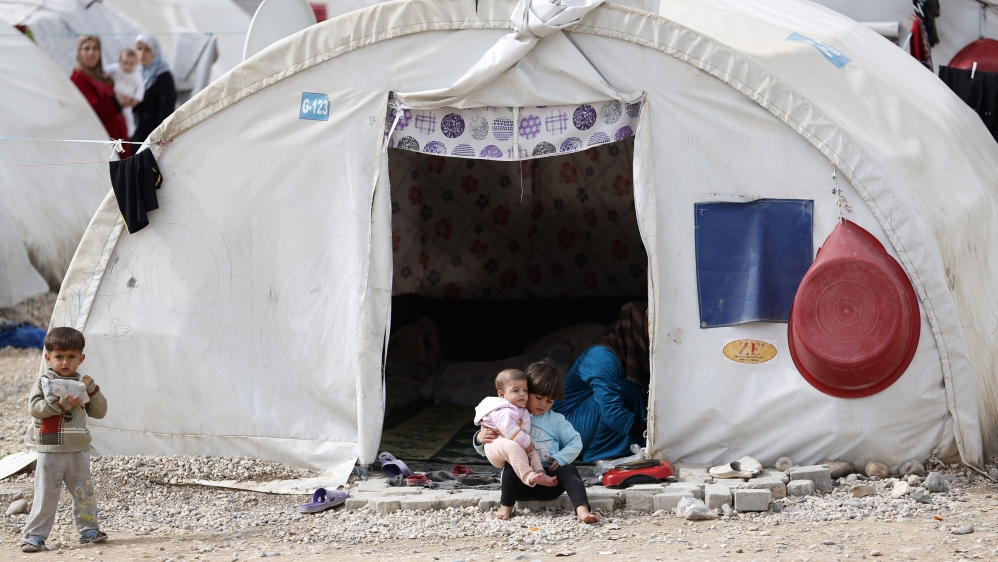Ankara-Since the inking of the agreement between Turkey and the EU on March 18, the issue of refugees has become a source of dispute between Ankara and European countries.
According to the agreement’s articles, measures should be taken to deport non-Syrian refugees to their countries; the Syrian refugees will be lodged in camps in Turkey, while one Syrian refugee on the Greek islands will be returned to Turkey and, in exchange, a Syrian asylum seeker in Turkey will be found a home in Europe.
The number of Syrian refugees exchanged between the EU and Turkey is expected to reach 72,000 while the EU will handle the expenses of exchange and reacceptance.
The agreement, which has come into force on April 4 has also included clauses encouraging Turkey on playing a major role in preventing migrants from breaching the European borders; the European Union has pledged to pay EUR6 billion for Turkey to help it respond to the different needs of refugees.
But in the past week, President of Turkey Recep Tayyip Erdogan accused the EU of delaying the payment of EUR3 billion, the first part of the funds promised by the EU, and said Europe has so far paid only EUR179 million; he accused the union of making promises that it cannot keep.
The European Commission denounced Erdogan’s statements and revealed that it has accelerated the financial support for refugees in Turkey over the past months. The EU’s spokesperson asserted that the union respects all commitments stipulated in the Turkish-European agreement.
According to the EU’s official website, during this year, Brussels has agreed on funding projects with more than EUR1.2 billion, and EUR467 million out of them were transferred to Syrian refugees in Syria.
The European Union has set up a help plan worth EUR350 million for refugees in Turkey particularly Syrians, including providing pre-paid cards for beneficiaries, saying the plan is expected to be expanded to include a million refugee.
According to the agreement, Brussels has also committed to exempt Turkish citizens who enter the Schengen Area from visa by October, but this clause has not been implemented yet. The EU said that the visa exemption was linked to 72 conditions that should be met by Turkey.
One of the hardest conditions imposed on Turkey to apply the visa exemption is the amendment of the anti-terrorism law, which was rejected by Erdogan. Brussels has considered that Turkish law is being misused against the opposition in the country.
Turkey’s Foreign Minister has called on the EU to stick to its promises concerning the refugee agreement and to apply the visa exemption, warning that the agreement will be suspended because his country cannot make unilateral efforts to halt the illegitimate migration.
Another important clause in the agreement is for Turkey to accelerate its negotiations on its membership in the union; however, the latest surveys show that only 28% of the Turkish people are still interested in this membership compared with 38% with the beginning of 2016.
In spite all the crises and obstacles dominating relations between Turkey and the European countries, Turkish officials have never hinted that the country no longer aims to join the European Union, which is considered a main pillar in Ankara’s European policy.
Amid all these developments, the number of refugees who seek to reach the Greek islands has jumped by 90% during August and September, compared with April and May.
According to the UNHCR and the Greek authorities, many question marks have been raised on the future of the agreement inked between Ankara and the EU.
